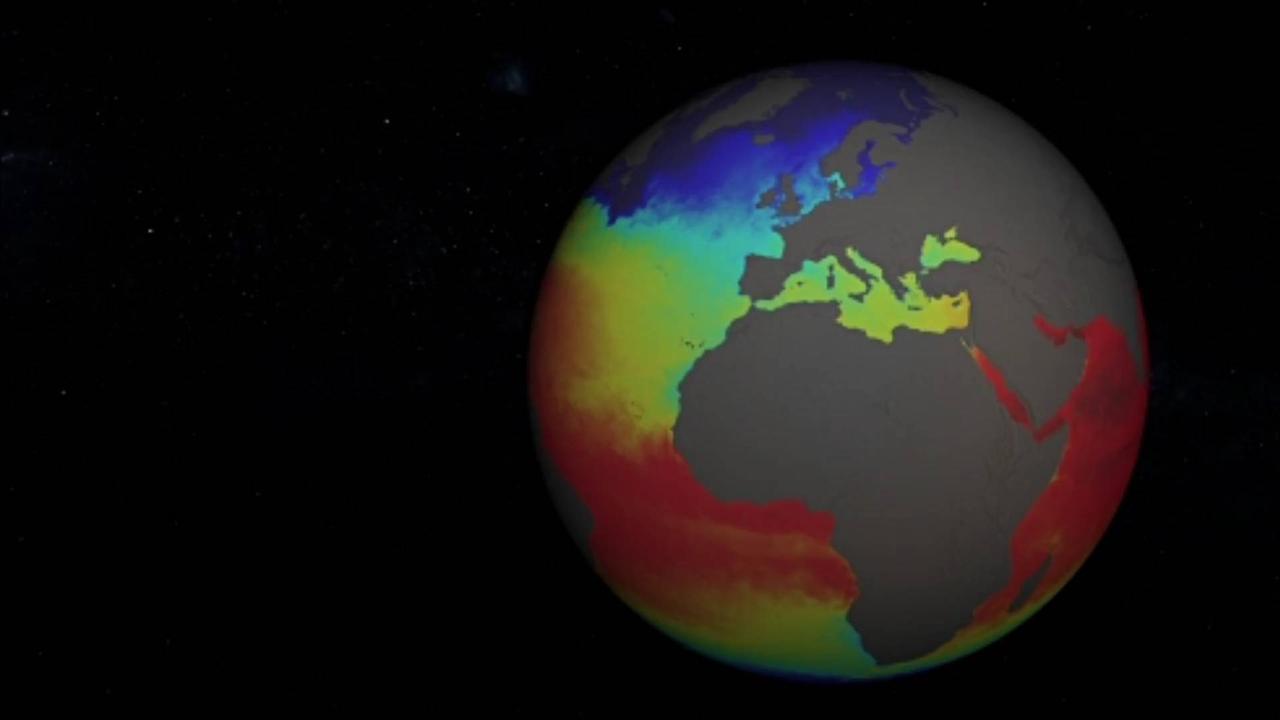
Earth Nearing 'Point of No Return' , As Critical Climate Threshold Is Reached Again.
On June 15, scientists confirmed that the world briefly breached 1.5 degrees Celsius in June and issued warnings about how rapidly the climate is reaching a critical point.
On June 15, scientists confirmed that the world briefly breached 1.5 degrees Celsius in June and issued warnings about how rapidly the climate is reaching a critical point.
'The Independent' reports that the European Earth observation program, Copernicus, said that the first 11 days of June were the hottest on record.
.
Last month, the 1.5 degrees Celsius threshold was reached as a result of El Niño, and record sea-surface temperatures were also reported.
According to Copernicus, it is the first time that the critical limit laid out in the 2015 Paris Agreement was reached in the month of June.
.
In December of 2015, the threshold was also reached, and again in the winter and spring months of 2016 and 2020.
These figures don’t just reflect a few days of warm weather in the U.K. or a small part of the world, it reflects the average temperature across the whole world, Hannah Cloke, hydrology professor from the University of Reading, via 'The Independent'.
Hannah Cloke, a hydrology professor from the University of Reading, warns that the threshold reached in June is a sign that , the Earth is reaching a "point of no return.".
Every fraction of a degree of warming means significant impacts on people and communities now and in the future, Hannah Cloke, hydrology professor from the University of Reading, via 'The Independent'.
Each time we tip over 1.5 degrees with increasing regularity, it is a worrying sign that we are getting closer to a point of no return, Hannah Cloke, hydrology professor from the University of Reading, via 'The Independent'.
The high temperatures in June have contributed to more powerful storms, prolonged droughts and intensifying wildfires.
.
The high temperatures in June have contributed to more powerful storms, prolonged droughts and intensifying wildfires.
